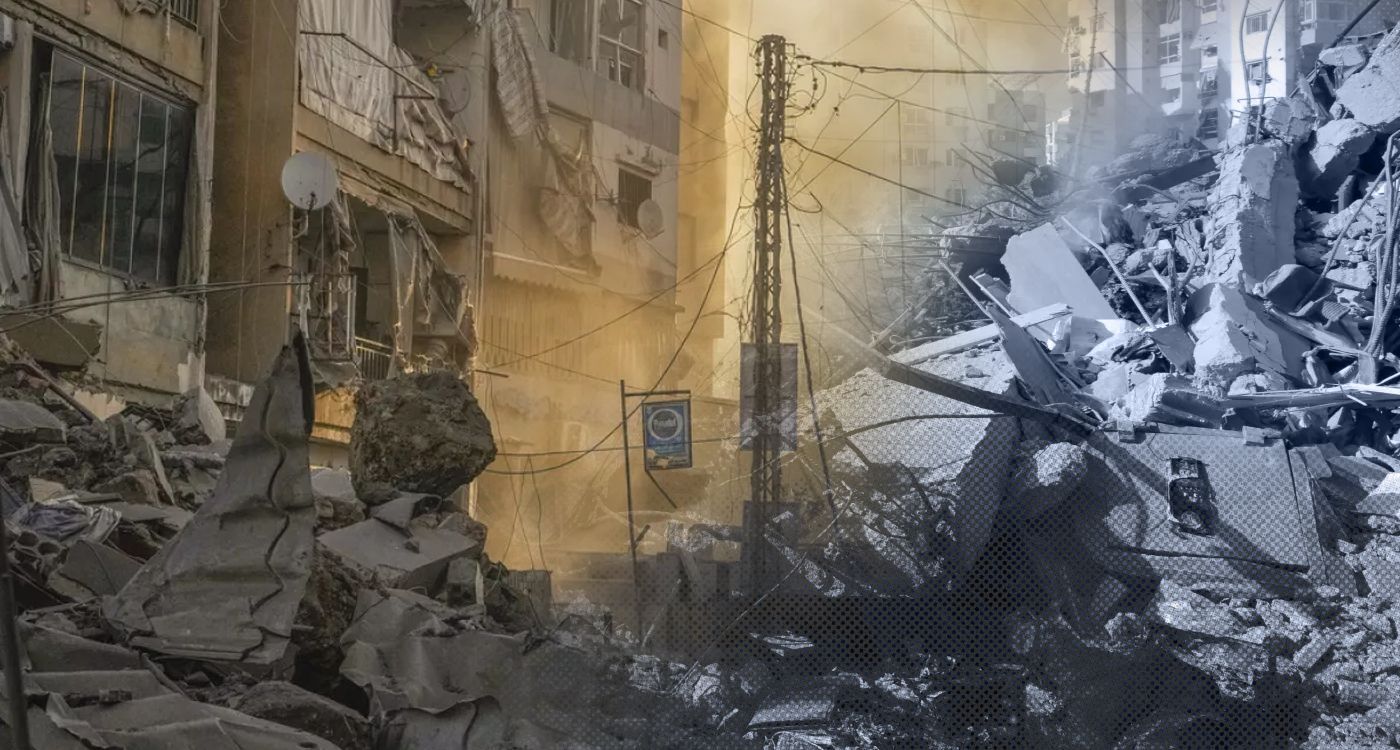
Lebanon, already grappling with severe economic and political crises, is now facing the devastating impact of the ongoing military conflict between Hezbollah and Israel. This war has plunged nearly every sector of the country into a critical state, from infrastructures, the private sector, and agriculture to energy, water, and trade. The destructive effects of the conflict have exacerbated Lebanon's existing struggles, making the prospects for recovery and stability even more uncertain.
Lebanon's economic losses could reach 20 billion dollars, which represents 70% of the 2023 GDP. The country's GDP has seen a steep decline from 54.9 billion dollars in 2018 to 17.9 billion dollars in 2023. According to estimates by the United Nations, the war between Israel and Hezbollah could absorb 9% of the GDP, with the economic fallout expected to be even more severe than that of the 2006 war.
The private sector estimates its current losses at around 10 billion dollars, as reported by a member of the economic bodies. Additionally, 50,000 private businesses, accounting for 60% of the total, have been destroyed. Damage to buildings caused by the bombardments is estimated to reach approximately one billion dollars each month.
In the education sector, 500 of Lebanon's 1,200 public schools have been converted into shelters for displaced families, while an additional 500 public and 600 private schools have been closed due to their location in conflict zones.
The restaurant industry reports a staggering 90% drop in revenue, putting the entire sector at risk, according to Khaled Naha, the vice-president of the Restaurant Owners' Syndicate. He emphasized that losses are increasing daily, describing the situation as “astounding.” Naha also pointed out the sector’s role in employing a large number of Lebanese, raising concerns about how long they would be able to continue paying salaries.
Regarding the energy and water sectors, Caretaker Minister Walid Fayad stated that damage from Israeli bombings is estimated at 440 million dollars. Specifically, 161 million dollars are needed for the water sector, and 311 million dollars for the energy sector.
The telecommunications sector has also suffered, with a report from the Ministry of Telecommunications noting damages of around 67 million dollars to Ogero and mobile operators Alfa and Touch.
In the agricultural sector, losses are estimated to exceed 2.5 billion dollars, according to sources at the Ministry of Agriculture. However, they caution that this is a preliminary estimate as the conflict is ongoing. Israeli strikes in southern Lebanon and the Beqaa Valley have destroyed 68% of cultivated lands, displacing thousands of farmers and disrupting agricultural supply chains. This situation is further worsened by Lebanon's heavy reliance on imported agricultural goods.
The poultry sector has also suffered significant losses, with prices dropping below production costs and many farms in southern Lebanon and the Beqaa halting operations due to the conflict




Comments